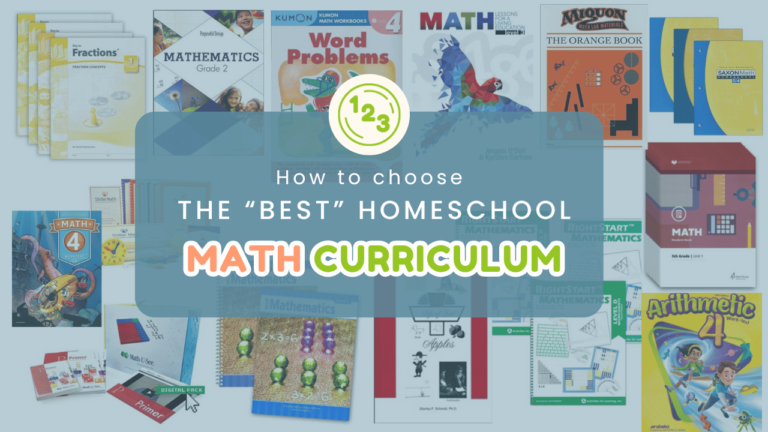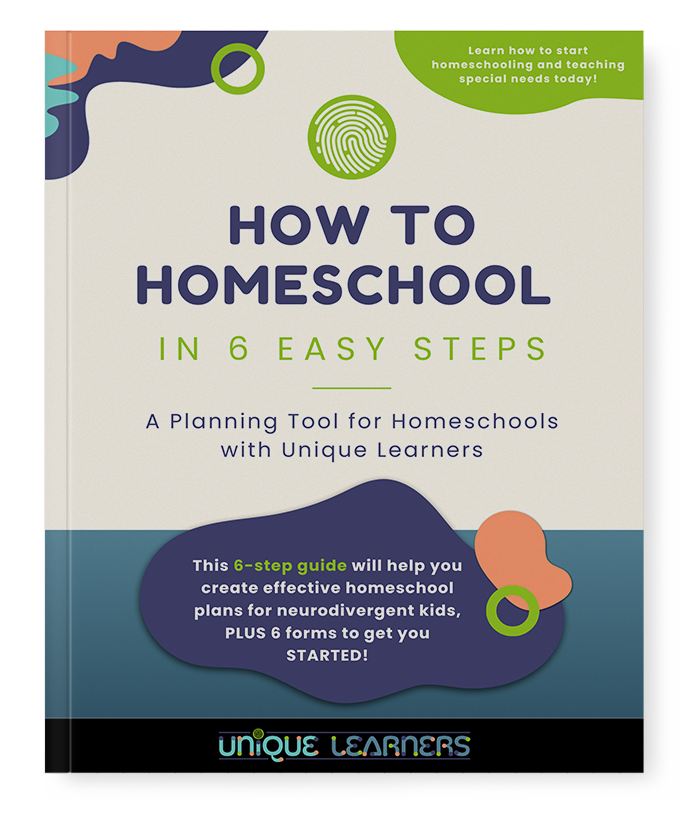Perhaps the most frequent question I hear from both new and seasoned homeschool moms is “What is the best homeschool math curriculum?”
Before I go into how I evaluate math programs, the answer to that is there is never a “perfect” math curriculum because teaching materials are created by humans. Humans aren’t perfect, but each math curriculum author has a specific idea of the scope and sequence of skills to be covered at each level, a preferred format, and a pace in mind to cover all the skills in a certain period of time.
Sometimes the authors of homeschool math curriculum understand how learning math happens in young minds and sometimes they don’t. Sometimes the authors have made a curriculum for their own children, which is great, but just because what was created worked for that group of kids doesn’t mean the presentation will be effective with all learners.
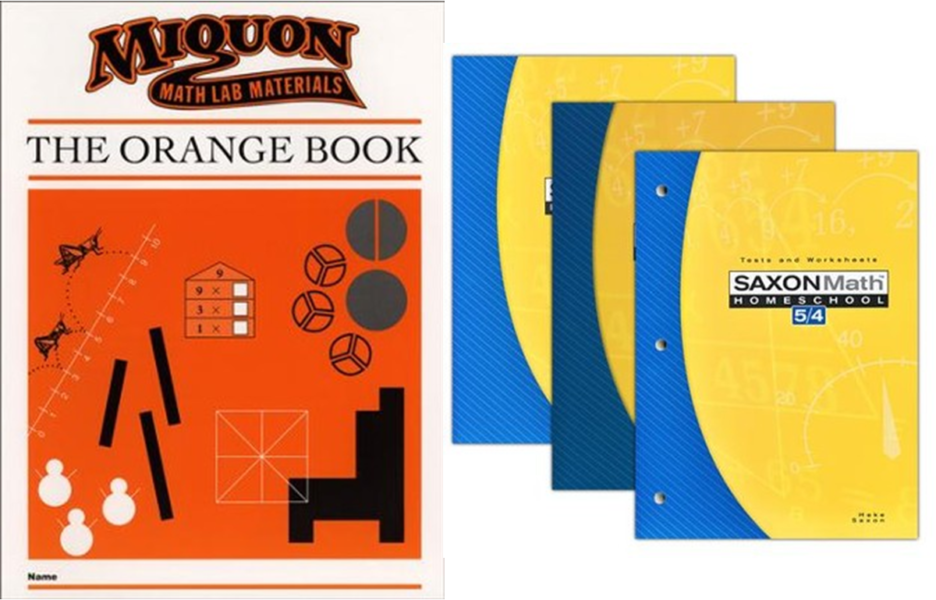
Most importantly, my answer to what is the “best” homeschool math curriculum is determined by your child’s strengths and weaknesses in understanding math. Finding a right-fit for your child can be difficult because learning math is complicated. So when a student struggles in one or more area of math learning, finding a curriculum is even harder.
In this article, I want to discuss what I look for in choosing a homeschool math curriculum and the process I use in evaluating math programs.
First, I keep in mind the overall math skill taught at each K-8 grade level.
I look at one overall basic skill at each level. Yes, I know that each grade has so much more than one skill at each grade level. But if I am gearing for that, I can easily tell if a curriculum takes a slower pace, builds in review, or takes a rigorous pace.
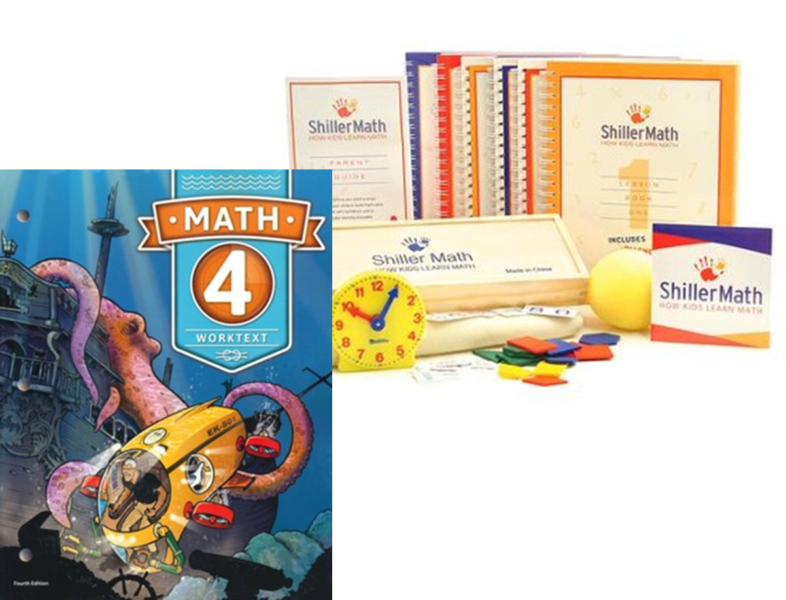
My single skill guide is:
- K – Counting and writing numbers from 0 to 100.
- 1st Grade – Addition and Subtraction
- 2nd Grade – Place Value and Regrouping
- 3rd Grade – Multiplication
- 4th Grade – Division
- 5th Grade – Fractions
- 6th Grade – Decimals and Percents
- 7th Grade – Pre-Algebra: Integers
- 8th Grade – Pre-Algebra: Basic Equations and Intro to Exponents
Second, I look at a homeschool math curriculum program’s Scope and Sequence.
A Scope and Sequence is a bulleted listing of skills covered at each grade level. The scope is how many different skills are covered at each level. The sequence is the order in which those skills are taught.
There are two main approaches to math programs; although each program also has a primary focus. Some programs mix skills in each lesson and spiral for introducing a new skill in every lesson and continuous review. Other topical programs stay on a topic for a week or a month and provide some review in a separate practice section.
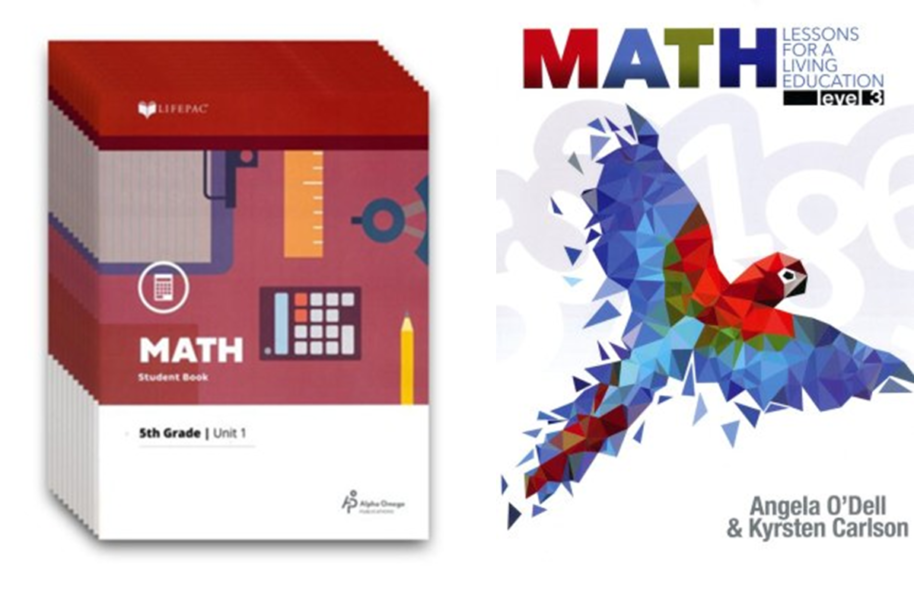
A newer term for marketing math curriculum to homeschoolers is “mastery-based.” I know this will cause some contention, but from a learning perspective, the teacher is the one to ensure mastery.
A curriculum that claims to be “mastery-based” mainly is communicating that there is enough pages built in for the student to grasp a concept or practice a skill for confidence. Unfortunately, the pace can still be too fast or too slow for a student. Determining mastery is always a teacher evaluation process based on a student’s performance at a predetermined level.
Third, look at the design of the student pages.
Concepts are built through a progression from concrete to abstract. I look at math programs to see if the use of manipulatives is integrated and practiced with pictures, representations like tallies, and then number symbols. Many math programs work with numbers only with a focus on memorization of facts. I want that too. I also look to see if there is balance between fact practice, processes, and application or word problems.
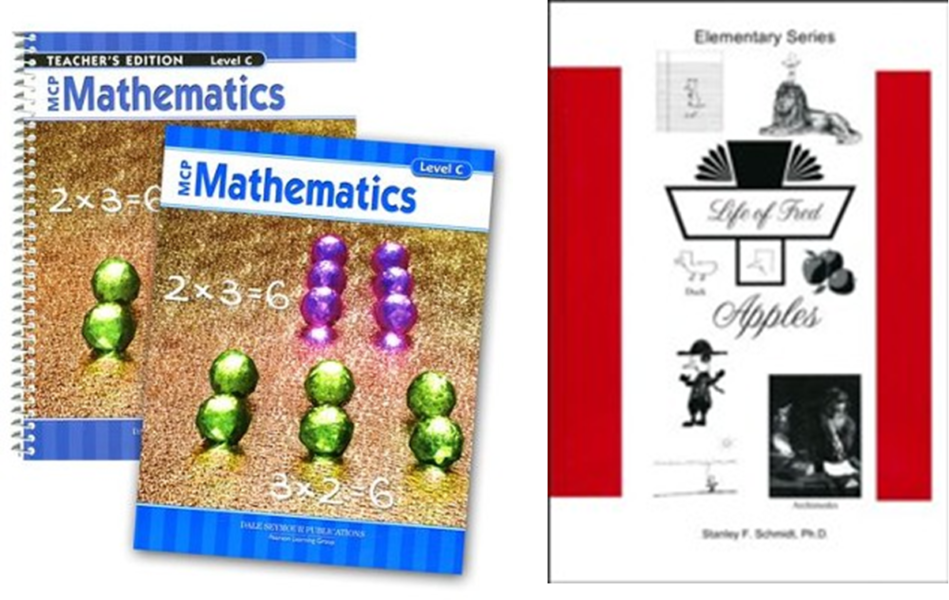
I also consider my child’s preferences. I had one girl who had great difficulty unless we used colorful pages with color-coded skills. Black and white worksheets were not a good match for her.
Some kids need lots of white space and not pictures on a page or they get overwhelmed by too much print and distracted by wanting to color the picture.
Other kids are strong readers and do well with written instructions and examples on the page. These kids have difficulty recalling processes when the presentation is a demonstration by the teacher, but there is not a cue for them to fall back as a reference.
Each of these learning types can make finding a good fit for a math program difficult.
Fourth, look at the design of the teacher manual.
Many programs, especially in the younger grades appear that a student workbook is sufficient. For neurotypical learners, that may be true.
However, when working with a kid who struggles in learning math, the teacher manual can give you the specialized ways that teachers can explain concepts, processes, and problem-solving strategies. While the cost of a teacher manual may seem like an unnecessary expense, giving yourself some tools to instruct so that math makes sense to your child may be a lot less expensive than hiring a tutor.
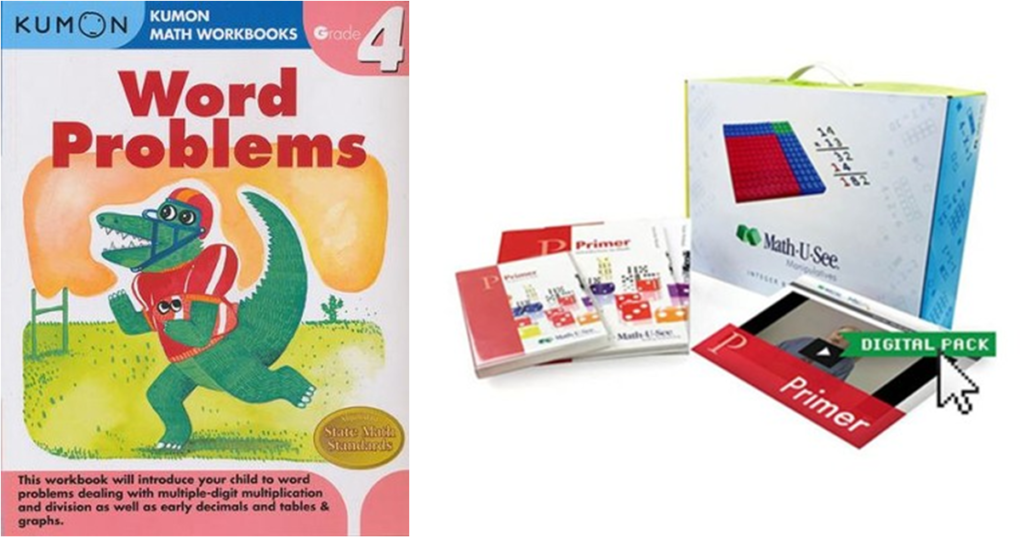
Look for a teacher manual that does more than just pace you through the lessons. You want guidance for how to explain, what manipulatives to use, any books or videos that may be helpful supplements, and more!
Do the teacher materials give you games, activities, ideas, quizzes or tests, record-keeping forms, and extra practice pages to help you make learning math fun, engaging, and effective? That is where mastery-based learning happens!
Fifth, look at the cost of the homeschool math curriculum.
Over the years, math programs have settled into competitive prices for curriculum. Currently, printables are very popular. At a first glance, an online program or printable homeschool math curriculum may seem less costly. Be sure to do your math homework. LOL
The cost for a printable program must be considered based on the price per page for the curriculum, as well as the cost of a printer, ink, and paper. In the long run, printable programs are not returnable if they are not a good fit for your learner, and the cost is often double or triple of ordering a workbook that can be previewed fully.
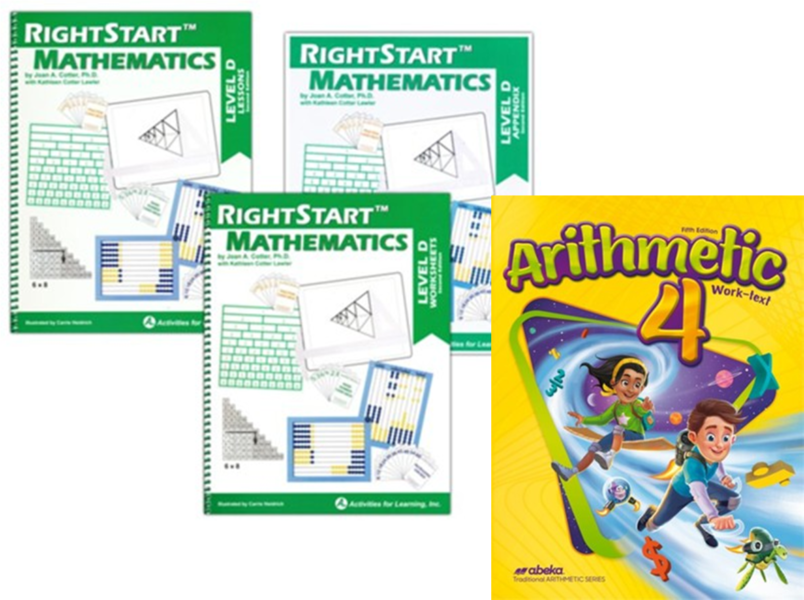
Some online programs may be less expensive and provide more support that is less expensive than hiring an individual tutor. Other online programs may have a high cost to the program, have inflexible grading, and are not refundable. Be sure to read all the fine print of terms of use, cancellation policies, and whether the program can be used with more than one student. Additional licenses can increase the cost significantly.
Sixth, online learning can be helpful or ineffective.
Online programs can be a good supplement, but are often harder to determine the scope and sequence, the way the skills are presented, and whether any practical application projects of math in real life through hands-on projects will be assigned. Remember that young children learn best when they work with tangible objects. Even though technology is amazing, our brains do not make the same connections when math is presented online.
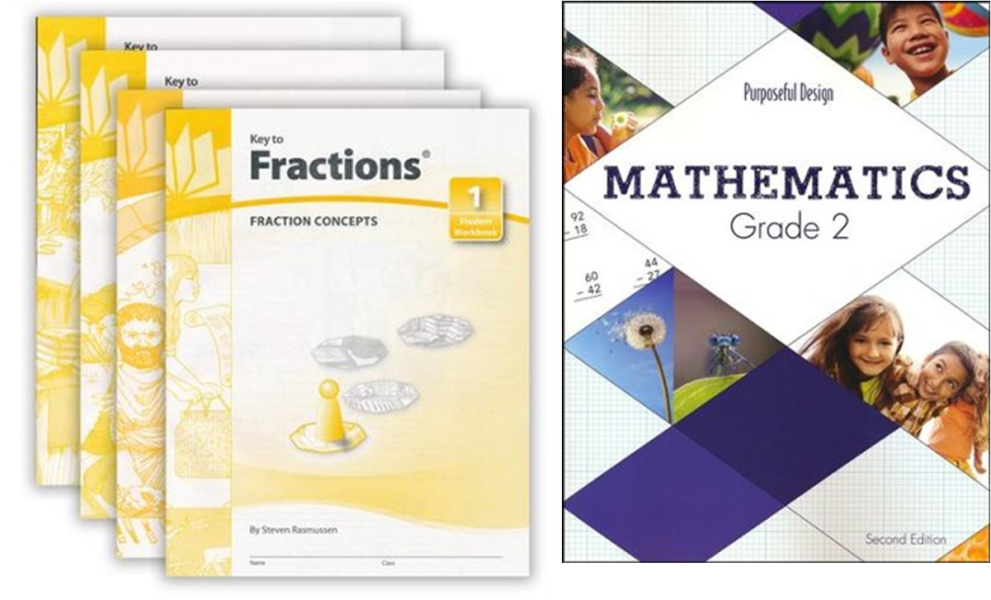
An online program for secondary students is likely to be more effective than for elementary kids, but it truly depends on the learner. The quality of videos, whether a person is seen, the use of colors, the presentation format, the speaker’s accent, and even all of the support tools and practice exercises can be factors in whether a student can be successful with a particular computer-based curriculum.
I have seen many high school students thrive with online or computer-based math programs. I have also seen high school students and first-year college students extremely frustrated when math is taught completely online. Again, be sure to read the licensing terms and cancellation policies.
What do I do if I don’t know what homeschool math curriculum is best for my kid?
You don’t need to go it alone! Join our new “Homeschool Help for Special Needs” Facebook group! It is a place for homeschool moms to ask questions about homeschooling a child with special learning needs, share teaching and curriculum ideas that have worked (and those that bombed), and be real about the unique challenges of homeschooling with special needs. If you want to join us, be sure to answer the member questions to help us keep this private group secure. Join us now!
Want to know about new products and blogs?
Join our email newsletter to get notified before anyone else when there is a new blog article or product.
Ready to learn how to revamp your homeschool or start from scratch?
Grab your FREE Learning Plan Success Kit where I walk you through the steps to set up a successful homeschool! This outlined approach to setting up an effective homeschool has been summarized in 6 easy-to-follow steps covering topics from legalities to personalizing your homeschool for your unique learner. Download your Free LPSK and either read as a digital PDF booklet, or print and create a physical copy. Either way, use this as your reference throughout the year to keep your homeschool running smoothly. PLUS, you get some FREE forms to help get you set up for success! This is a refreshed version of what I created in myself and my homeschool for the last 27 years, so it is tried and tested with multiple unique learners! Grab it from our “Freebies” Page to get started!
